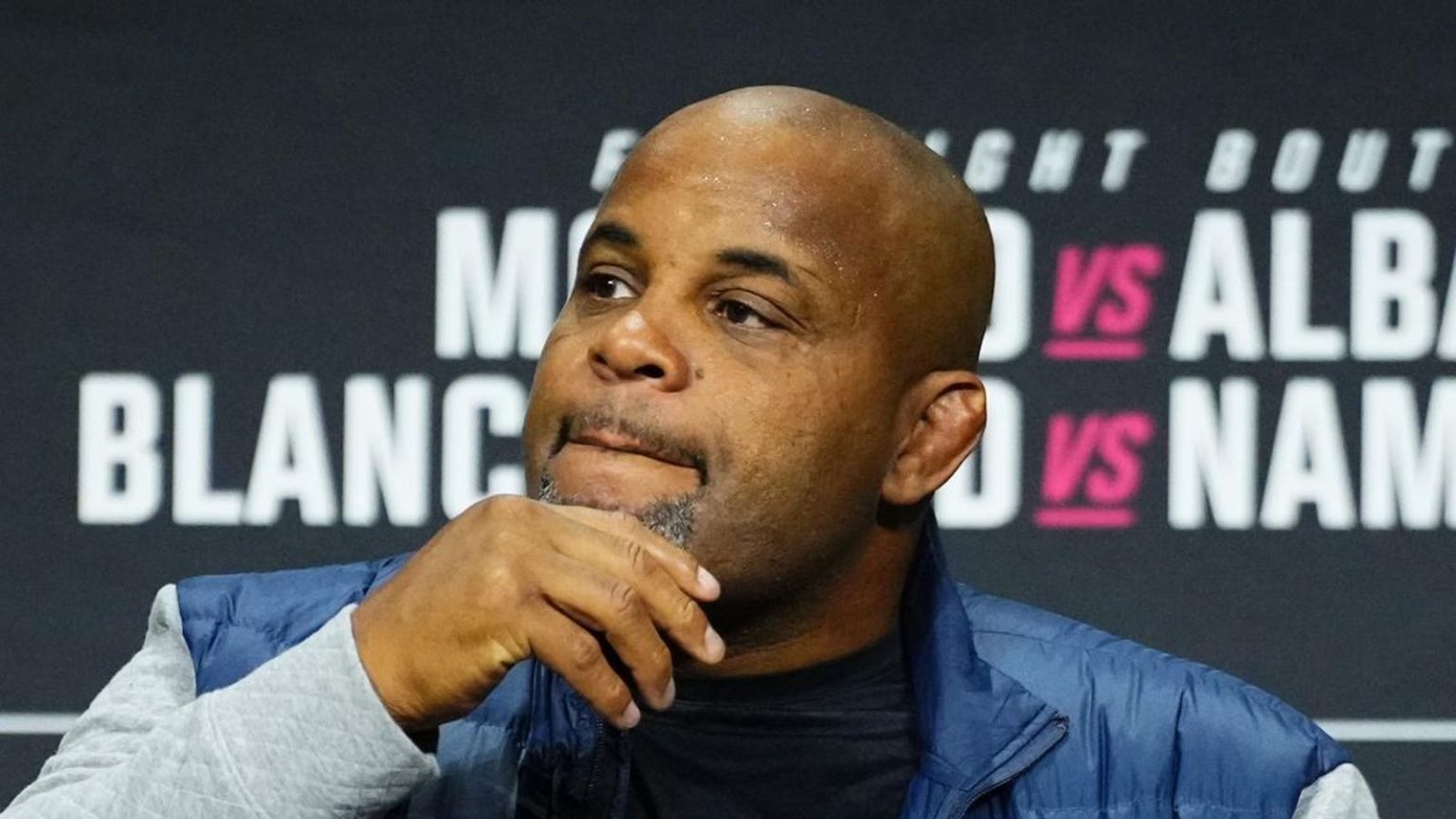The Uncertain Future of the UFC Heavyweight Division: Cormier’s Concerns and the Jones Factor
The world of mixed martial arts is abuzz with speculation surrounding the impending heavyweight clash between Jon Jones and Tom Aspinall. Former two-division UFC champion Daniel Cormier, now a respected analyst, has weighed in on the situation, offering a compelling perspective on the potential ramifications of this high-stakes matchup. Cormier’s analysis centers on the importance of this fight for the future of the heavyweight division and the UFC’s overall landscape. While acknowledging Jones’ undeniable talent and legacy, Cormier suggests that the promotion might actually benefit from a Jones loss, a viewpoint that has sparked considerable debate among fans and pundits alike.
Cormier’s argument hinges on the potential scenario of Jones retiring after the Aspinall fight. He believes that if Jones walks away as the undisputed heavyweight champion, it could create a significant void within the division. "If Jones leaves as champ," Cormier explains, "it leaves a gap that’s hard to fill.” This gap, according to Cormier, stems from the perceived legitimacy of holding the title. While subsequent champions might emerge, their accomplishments would inevitably be shadowed by the fact that they didn’t defeat Jones. Cormier highlights the previous interruption in the heavyweight lineage when Jones initially claimed the title without facing then-champion Francis Ngannou. He fears a repeat scenario where the next champion, though deserving, lacks the definitive victory over Jones to solidify their reign.
The rumored $30 million payday for Jones further fuels Cormier’s concerns. While he acknowledges that Jones’ stature warrants a substantial figure, he also recognizes the implications of such a hefty payout. A lucrative exit for Jones could be tempting, potentially leading him to retire on top, leaving the heavyweight division in a precarious position. This, combined with the lack of a clear successor, paints a worrying picture for the UFC. Cormier suggests that an Aspinall victory would be the ideal outcome, allowing the division to move forward with a new champion and avoiding the potential stagnation that a Jones retirement could bring.
While Cormier’s analysis provides a thought-provoking perspective, the history of the sport offers counter-arguments. The Conor McGregor example demonstrates that divisions can recover and thrive even after the departure of a dominant champion. McGregor’s meteoric rise and subsequent move to lightweight left the featherweight division seemingly vacant. However, the emergence of Max Holloway proved that legacies can be built even without defeating the previous dominant force. Holloway, despite having lost to McGregor earlier in his career, went on to become a featherweight icon, solidifying his place as one of the greatest fighters in the division’s history.
This historical precedent suggests that the heavyweight division’s future isn’t solely dependent on Jones’ continued presence. While his departure would undoubtedly leave a void, new stars would inevitably rise to fill it. The cyclical nature of combat sports ensures that new contenders will always emerge, hungry for their chance at glory. The lineal title, while a point of discussion, ultimately holds less significance than the actual performance and dominance of the reigning champion. Fan perception and the captivating narrative of a fighter’s journey are equally important in establishing a champion’s legacy.
The concept of lineage in combat sports, while intriguing, is often a complex and evolving narrative. The "true" champion isn’t always defined by a direct line of victories but rather by their overall dominance, impact, and the story they create. The passage of time allows for new narratives to unfold, and the achievements of future champions will eventually stand on their own merit. Just as Holloway carved his own path to greatness, so too will the next generation of heavyweight contenders. Their accomplishments will be judged not solely on who they defeated, but on their own individual skill, charisma, and the excitement they bring to the sport.
The UFC, as a promotion, has a history of navigating these transitions successfully. Their knack for building new stars and creating compelling storylines suggests that they will be well-equipped to handle the post-Jones era, should it arrive. The promotion’s marketing prowess and ability to generate hype around emerging talent will be crucial in establishing the next heavyweight king. The focus will shift to the new contenders and the compelling narratives they bring to the octagon. The heavyweight division, with its inherent excitement and potential for spectacular knockouts, will continue to captivate audiences regardless of who holds the title.
Ultimately, the future of the UFC heavyweight division remains uncertain. While Cormier’s concerns about a potential Jones retirement are valid, the history of the sport suggests that the division will endure and new stars will emerge. The allure of the heavyweight title, the ultimate prize in combat sports, will continue to draw the best fighters in the world. The narrative of the heavyweight division will continue to unfold, filled with its usual blend of drama, excitement, and the unwavering pursuit of greatness. The legacy of Jon Jones, whether he stays or goes, will be secured, but the story of the heavyweight division will continue to be written, with new chapters waiting to be unveiled.






